The sight of an owl in the night sky or perched high in a tree can evoke a sense of mystery and wonder. Owls, with their enigmatic nature and striking appearances, have been the subject of various beliefs and superstitions throughout human history.
One common question that arises is whether owls are considered good luck if you see them. The answer to this question is far from straightforward, as the perception of owls varies widely across different cultures and traditions.
In some societies, owls are revered as symbols of wisdom and protection, while in others, they are associated with omens of doom and misfortune.
This enigmatic duality makes the interpretation of owl sightings a fascinating and often personal matter.
In this discussion, we explore are owls good luck if you see them and perceptions surrounding owls and their status as bearers of good luck or bad omens.
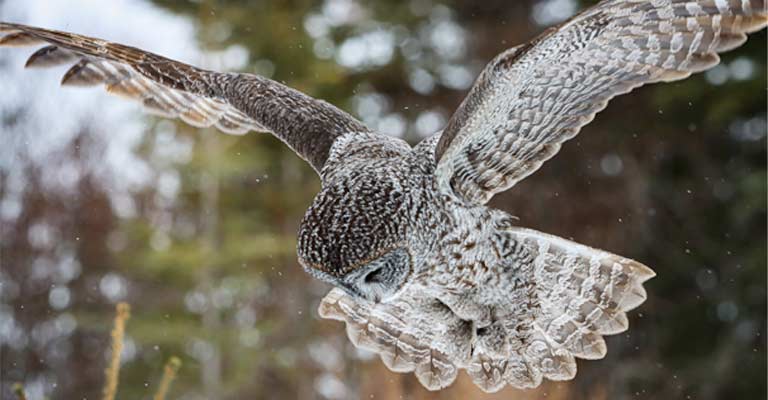
Are Owls Good Luck If You See Them?
In various cultures around the world, owls have been regarded both as symbols of wisdom and, paradoxically, as harbingers of superstitions and omens.
Whether owls are considered good luck or bad luck often depends on the specific cultural context and the interpretation of owl encounters.
Owls are traditionally associated with wisdom and knowledge in many Western cultures, particularly in ancient Greek and Roman mythology. The goddess Athena, for instance, was often depicted with an owl, emphasizing the owl’s symbolic connection to wisdom.
In this sense, seeing an owl can be viewed as a positive sign, indicating the need for wisdom, insight, or guidance in one’s life.
However, in some other cultures, owls are linked to superstitions and are believed to bring bad luck or misfortune. This association may stem from the owl’s nocturnal nature, its haunting call, or its silent flight, which some people find eerie.
In such contexts, encountering an owl might be seen as an omen of impending doom or negative events.
What Would Happen If I Saw An Owl?
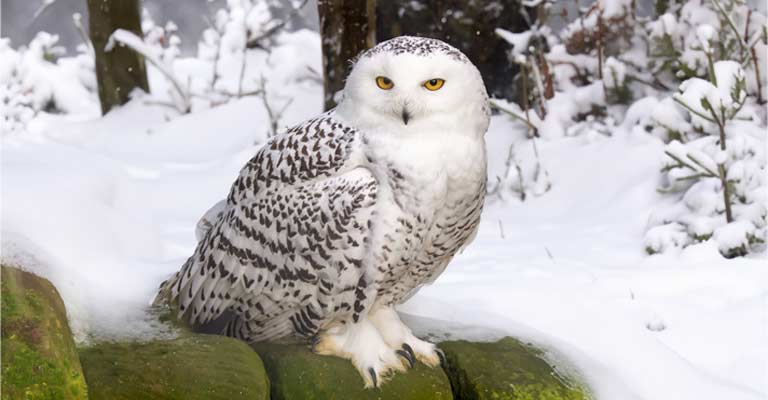
Seeing an owl can carry various consequences and interpretations, depending on cultural beliefs, personal perspectives, and the context of the encounter. Here are some possible consequences of seeing an owl:
Symbol of Wisdom and Guidance
In many cultures, owls are seen as symbols of wisdom and knowledge. Seeing an owl may be interpreted as a sign that you should seek wisdom, insight, or guidance in a particular aspect of your life. It could be a reminder to make informed decisions.
Positive Omen
Some people view an owl sighting as a positive omen, indicating a change for the better or a stroke of good luck. It may bring a sense of reassurance and confidence in your current path.
Warning of Danger
In other cultures, owls are associated with warnings and foreboding. Seeing an owl might be interpreted as a sign to exercise caution or remain vigilant in a particular situation, suggesting potential challenges or obstacles ahead.
Message from the Spirit World
In certain belief systems, owls are considered messengers from the spirit world or ancestors. Seeing an owl could be seen as a message or communication from beyond, offering guidance, protection, or advice.
Connection to the Night
Owls are creatures of the night, and their appearance may signify a connection to the mysteries of the nighttime and the subconscious. It could be a call to explore your inner thoughts, dreams, or intuitive abilities.
Eerie or Superstitious Beliefs
Some individuals may have superstitious beliefs about owls, associating them with death, bad luck, or negative omens. If you hold such beliefs, seeing an owl might evoke fear or apprehension.
Ecological Significance
In a purely scientific context, spotting an owl can be a valuable wildlife encounter. Owls play vital roles in ecosystems by controlling rodent populations, and such an observation might encourage an appreciation for the natural world and wildlife conservation.
The consequences of seeing an owl can vary greatly, and it’s important to remember that interpretations are often subjective and influenced by cultural, personal, and contextual factors.
The meaning you ascribe to the encounter is a matter of your own beliefs and values.
Different Cultural Meanings Of Seeing An Owl
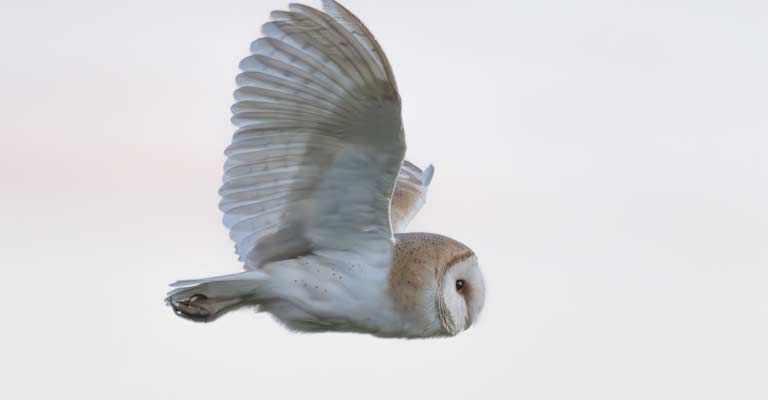
Seeing an owl holds diverse cultural meanings and interpretations around the world. Here are some different cultural perspectives on the significance of encountering an owl:
Native American Spirituality
Many Native American tribes consider owls sacred and believe they are associated with intuition, foresight, and protection. Seeing an owl may be seen as a message from the spirit world, offering guidance or a connection to one’s ancestral roots.
Ancient Greece
In ancient Greek culture, the owl was linked to the goddess Athena, symbolizing wisdom and knowledge. Seeing an owl could be interpreted as an omen of wisdom and the need for intelligent decision-making.
Japanese Folklore
Japanese folklore views the owl as a symbol of protection against hardship. An owl sighting may be perceived as a guardian spirit watching over you and offering protection.
African Beliefs
In various African cultures, owls have been associated with death and negative omens. Seeing an owl may be considered an unfortunate sign or a warning of impending doom.
Western Superstitions
In some Western societies, owls have been linked to superstitions, particularly in rural areas. An owl sighting is sometimes seen as a harbinger of bad luck or even death, often associated with eerie night sounds.
Mayan and Aztec Symbolism
In Mayan and Aztec civilizations, owls were regarded as symbols of the afterlife and were associated with the spirit world. Encountering an owl could be viewed as a connection to the spiritual realm or ancestors.
Hinduism
In Hinduism, the owl is considered the vehicle of the goddess of wealth and fortune, Lakshmi. Seeing an owl is seen as a positive sign, foretelling prosperity and abundance in one’s life.
These diverse cultural interpretations illustrate the wide range of beliefs and symbolism associated with owl sightings, from positive and protective to ominous and foreboding, making owl encounters a fascinating and culturally rich phenomenon.
What Other Birds Bring Good Luck If I See Them?
Here’s what other birds bring good luck if I see them;
Robins
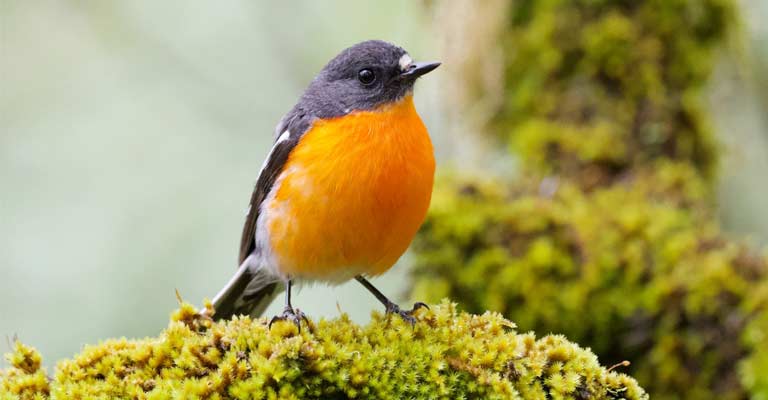
In many cultures, robins are considered symbols of renewal, growth, and new beginnings. Spotting a robin is often seen as a positive sign, heralding good fortune and the arrival of something joyful or auspicious in one’s life.
Bluebirds
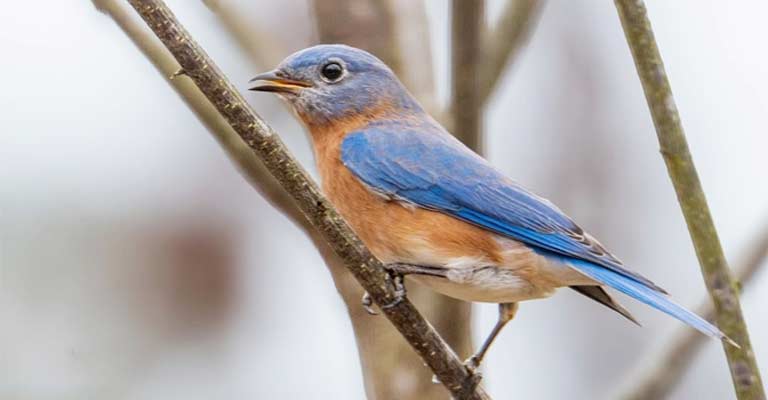
Bluebirds are often associated with happiness, contentment, and prosperity. Their vibrant blue plumage makes them symbols of hope and optimism. Seeing a bluebird is believed to bring good luck and positive energy, encouraging a sense of well-being.
Cranes
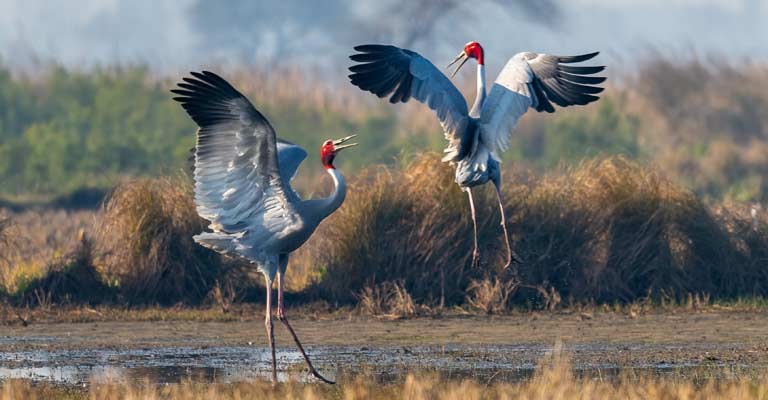
In Asian cultures, particularly in Japan and China, cranes are symbols of longevity, happiness, and good luck. Spotting a crane is considered highly auspicious and is believed to bring blessings, good health, and a long life.
Hummingbirds
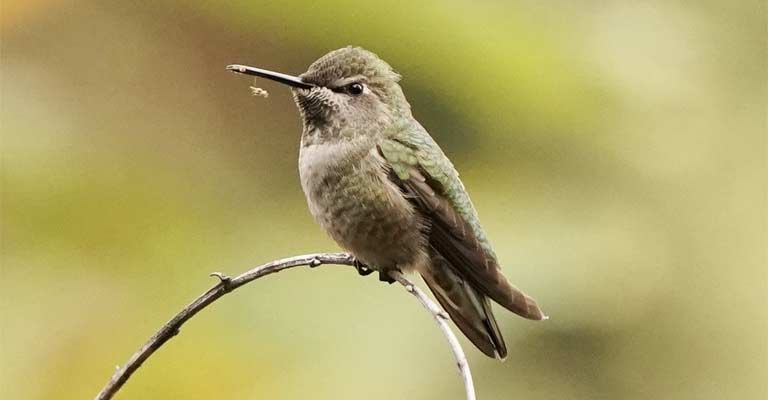
Hummingbirds are seen as symbols of joy, love, and positive energy. In many indigenous cultures, they are regarded as spiritual messengers and bringers of good fortune.
Spotting a hummingbird is thought to bring happiness and harmony into one’s life.
Swallows
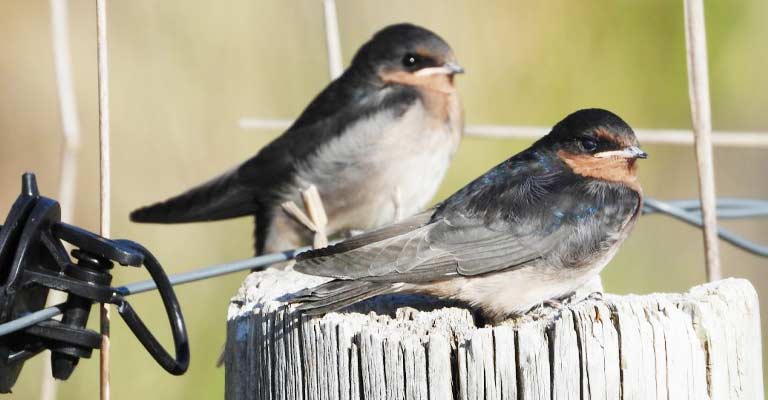
Swallows are associated with love, loyalty, and the arrival of spring. In some cultures, swallows are believed to bring good luck, happiness, and protection to homes.
Their presence is seen as a positive omen, especially in matters of the heart and relationships.
Peacocks
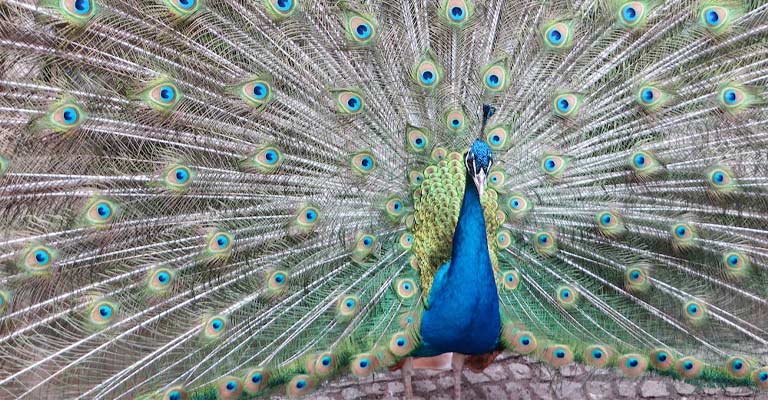
Peacocks are symbols of beauty, grace, and protection. In Hindu mythology, the peacock is associated with various deities and is considered a symbol of good luck and spiritual protection. Seeing a peacock is believed to bring blessings and positive energies.
Cardinals
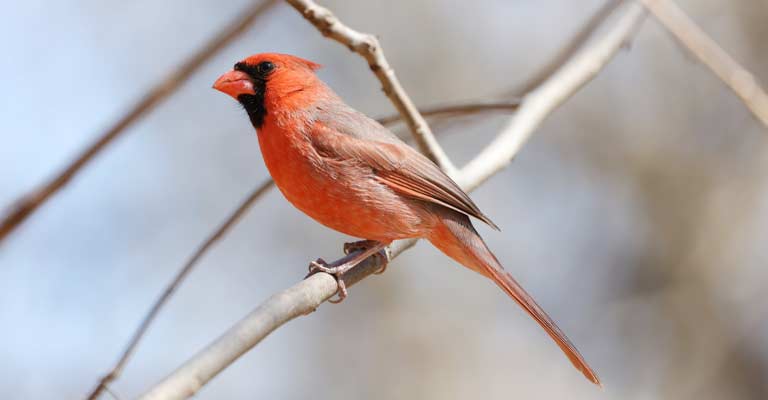
Cardinals are often associated with loved ones who have passed away. In many cultures, spotting a cardinal is considered a visit from a deceased loved one, bringing comfort and reassurance. It is seen as a positive sign, representing love, hope, and spiritual connection.
Encountering any of these birds is generally viewed as a positive and uplifting experience, symbolizing different forms of good luck, joy, and positive energies across various cultures and beliefs.
FAQs
Are owls considered symbols of good luck?
The perception of owls as symbols of good luck is subjective and varies across different cultures and traditions. In some societies, owls are revered as bearers of wisdom, protection, and guidance, signifying positive omens.
Why are owls sometimes seen as symbols of wisdom and protection?
Owls are sometimes considered symbols of wisdom due to their reputation for being intelligent and perceptive creatures. Additionally, their nocturnal nature and ability to see in the dark have contributed to their association with protection and guidance in the unseen realms.
What cultures regard owls as harbingers of good fortune?
In cultures like ancient Greece and Rome, owls were associated with goddesses of wisdom and were considered symbols of wisdom and good fortune. Some Native American tribes also view owls positively, seeing them as protectors and messengers from the spirit world.
Why do some cultures associate owls with bad luck or misfortune?
In certain cultures, owls are linked to superstitions and are believed to bring bad luck or omens of death. This connection is often rooted in their eerie night calls and nocturnal behavior, which some people find unsettling.
How should one interpret the sighting of an owl?
The interpretation of seeing an owl depends on individual beliefs and cultural context. Whether considered a positive or negative sign, it’s essential to respect the rich tapestry of cultural beliefs surrounding owls and appreciate the enigmatic and mysterious nature of these remarkable birds.
Conclusion
The question of whether owls bring good luck when seen remains a captivating topic, given the complex interplay of cultural beliefs and personal perspectives.
While some view owls as symbols of wisdom, intuition, and guidance, others associate them with foreboding and superstitions.
The interpretation of owl sightings ultimately depends on the context, individual beliefs, and the cultural lens through which they are viewed.
These fascinating birds continue to inspire a sense of wonder and intrigue, reminding us that the perception of luck, like the owl itself, can be a mysterious and multifaceted concept shaped by the rich tapestry of human culture and folklore.
Whether considered lucky or not, the sight of an owl in the moonlight is an encounter with the natural world’s beauty and enigma.